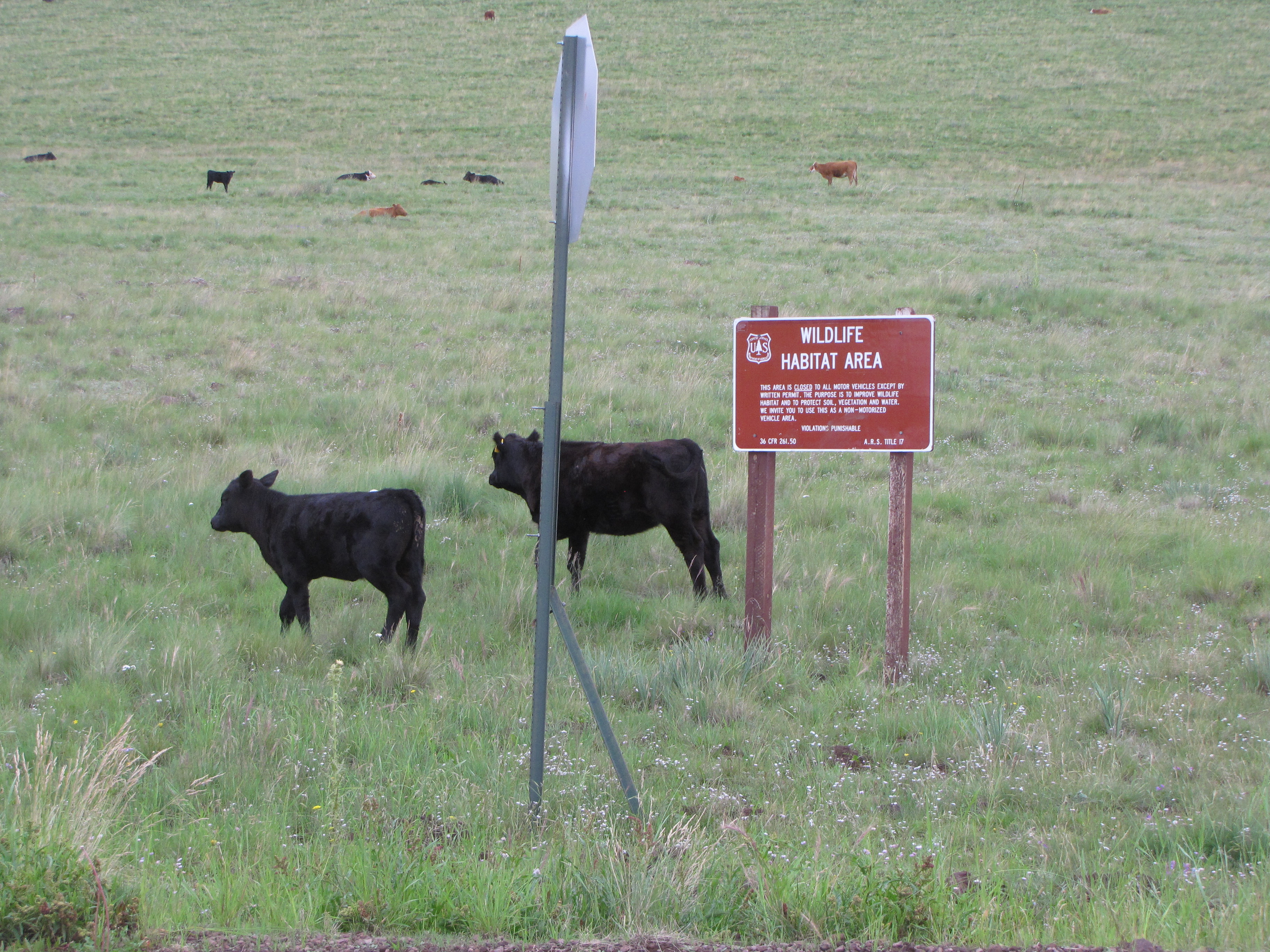20
Jul
Op-Ed: Wolves and cattle can’t co-exist, so give Arizona public lands to the wolves

Opinion: The highest and best use for Arizona’s public lands is to support native plants and animals like the Mexican gray wolf, not cattle.
The ranchers were right: Wolves and cattle can’t share the public lands in Arizona and New Mexico.
The cows have to go.
Ranchers have had decades to make this work.
They failed — though, to be fair, a few have tried.
Why we need more wolves
But on the whole, the ranching industry has steadfastly opposed the effort to restore the endangered Mexican gray wolf to the southwest — an effort that began on public lands with the release of 11 wolves in 1998.
This month, a coalition of 25 conservation groups called on the U.S. Fish and Wildlife Service to increase genetic diversity and bolster the species recovery efforts by releasing captive adult wolves into the wild.
Groups representing cattle growers oppose the idea.
Cows or wolves? You pick
So it’s time for some choices.
Cowboys and the Old West are enduring symbols in the American imagination. But those romantic images should not cloud our judgment now.
Wolves — including Arizona’s Mexican gray wolf — became endangered after being hunted, trapped and otherwise slaughtered to near extinction at public expense largely for the convenience of ranchers.
That was the Old West. Today we understand the value of species diversity.
Many of today’s ranchers operate by combining private land holdings with leases to use public land. They have not modernized their attitude toward wolves.
Times have changed
This is the New West.
Increasing urbanization changed the dynamics. We need our wild public lands for wildlife now — and that includes high-order predators, like wolves.
Cattle ranching is not the highest and best use of our public lands.
These lands offer needed habitat to support the complex web of native plants and animals that cannot survive without unspoiled places.
How ranchers got help
Ranchers had their chance.
- Modern efforts to restore Mexican gray wolves to the wild were tailored to ranchers’ needs, including the classification of these wolves as a “nonessential experimental” population instead of giving them full protection as an endangered species.
- It was for ranchers’ convenience that public land managers killed and recaptured so many Mexican wolves that the wild population did not grow as anticipated.
- It was for ranchers’ convenience that a compensation program was established to pay ranchers for livestock killed by wolves.
Opposition remains
Yet ranchers remain opposed to releasing more wolves in the wild — a move environmentalists say is critical to the long-term survival of these animals.
What’s more, ranching groups are supporting an effort by Republican Sen. John Barrasso, chair of the Senate Environment and Public Works Committee, to “modernize” the Endangered Species Act, in part, by giving individual states a greater say in how species recovery is handled.
State wildlife agencies are seen by conservationists as easier for ranchers and other special interests to influence. So this could be bad news for wolves and other endangered species.
Dooming endangered species
At a hearing July 17, Democrats expressed concerns about the Barrasso’s proposal.
Democratic Sen. Cory Booker said the bill “is taking us in the wrong direction” at a time when the world is experiencing “a global extinction crisis.”
Meanwhile, livestock groups have launched a campaign in support of Barrasso’s Endangered Species Act Amendments of 2018.
With the pro-industry slant of the Trump administration, efforts to thwart this nation’s commitment to species diversity may gain strength.
It’s up to the public to push back. Wolves can’t make phone calls.
We need public lands for wolves
The facts are clear: Our national soul and our national spirit are deeply tied to our remarkable natural heritage, which has long been protected by strong, federal environmental laws.
These laws need to be national in scope because all Americans have a stake in species diversity and habitat protection.
The Mexican gray wolves are part of that shared national heritage.
Call for cooperation didn’t work
The effort to have wolves and cattle co-exist on public lands might have worked if ranchers had tried harder.
But they didn’t.
So the cows have to go.
The public needs its land for wolves and other wild creatures.
Reach Valdez at linda.valdez@arizonarepublic.com.
This Op-Ed was published in the Arizona Republic.
Photo credit: Jean Ossorio



